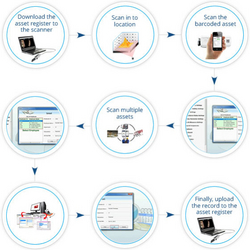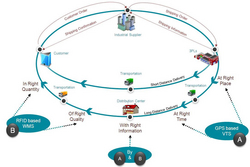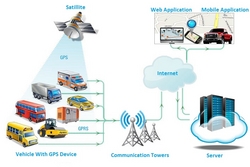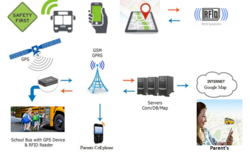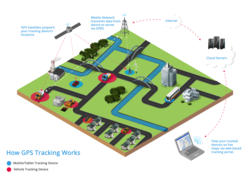
Datametric Technologies LLC - | E-Showroom

Datametric Technologies LLC - | E-Showroom
Datametric Technologies LLC
238451 211, Al Hilal Bank Building Al Qusais Dubai
United Arab Emirates
Africa Yellow Pages Online is a Local Business to Business Directory in Africa offering business list of more than 250,000 companies. You can find Hotels in Africa , Companies in Africa , Properties in Africa , Travel info in Africa through this Site. Yellow Pages Africa Updated in 2026 Get Maximum Benefit for your Business Visit YP MarketPlaces
| About Us Careers Company Information User Guide About Us |
Buying Options Post Buying Leads Browse Categories Companies in Africa How to Buy |
Selling Options Post Selling Leads Browse Categories How to Sell |
Safety & Support Help Safety & Security Copyright Infringment |
Advertising How to Advertise? Host Website with us Elite Membership |
Method Of Payment Privacy Policy Refund Policy Dispute & Resolution Policy Terms |
| Thanks for Posting your Requirement
with
Africa Yellow Pages Online
If you are not Verified Buyer then Please Verify Your Email to get Quotes from Verified Suppliers. |








|
Thanks for Reporting Error in Listing of on Africa Yellow Pages Online
Our Technical Team will review the Information and will Rectify the Error as Soon as Possible. |
| Thanks for Reply.
Africa Yellow Pages Online
Your Reply is Sent to the Buyer. |
| Thanks for Reply.
Your Reply is Sent to the Seller. |
| Ok Close |
